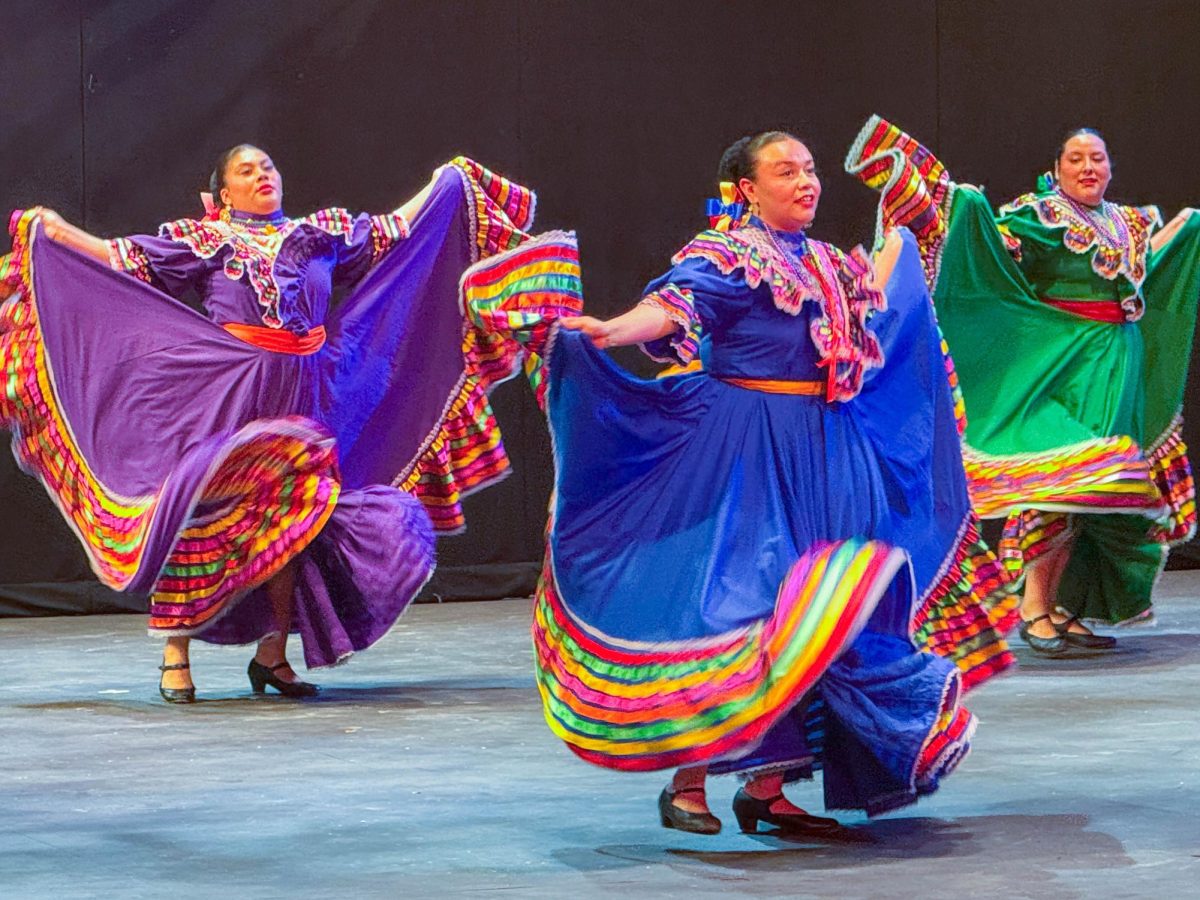On February 18, Trisha Basu (12) and Apurva Tandon (10) travelled to the American Association for the Advancement of Science (AAAS) conference in Washington D.C. to present their posters on the articles they wrote for The Triple Helix.
The Triple Helix is an online forum founded by alumni Kevin Hwang (’04) at the Cornell University and features articles about science, law, and society. Trisha and Apurva’s articles were selected to represent the Upper School’s Triple Helix chapter at the conference.
Trisha’s article explores the realm of the future in DNA vaccines.
“I’ve always been interested in new medical technologies. DNA vaccines especially caught my eye because vaccines are such an integral part of our lives,” Trisha said. “I feel that DNA vaccines have a good potential to make it easier for all people to get access to vaccines against the usual diseases and some that have so far been deemed incurable.”
Meanwhile, Apurva’s article covers the issue of the driving under the influence of a cell phone. Her article explains how a cell phone can be a distraction that leads to accidents since drivers can allocate only a minimal level of attention to the road if they are multi-tasking.
“The whole purpose of Triple Helix is to integrate science, society, and law, so I just looked at some of the important issues going on in society and picked the topic for my article,” Apurva said.
Both Trisha and Apurva flew to the AAAS conference with Science Department Chair Anita Chetty to present their posters to thousands of scientists, policy makers, educators, and journalists from around the world. In preparation for the conference, Apurva and Trisha created posters and practiced their presentations.
“While at first I was a little apprehensive about the conference, I now feel that it is a great experience. I definitely got to meet a lot of fantastic people and learn about a lot of different topics. I would definitely love to go again if possible,” Trisha said.
The two students had the opportunity to not only present their works but also listen to workshops and discussions led by scientists such as university professors.
“The most interesting conversation would probably be the one I had with Dr. Nina Jablonski [professor at Pennsylvania State University] after I attended her talk on skin color. She was so visibly passionate about her work,” Apurva said. “When she found out I’m a high school student, she noted that educating students our age about the biological processes behind skin color changed their social perceptions of it in positive ways. She said that her best advice for me was to ‘do what you love and you’ll never work again.’ Clearly, she’s in that position.”
Both students agreed that attending the conference rewarded them with new perceptions of science. Trisha learned that science only makes a difference if “correctly integrated into the society.”
“Just as it is important to learn more about the world around us and determine new ways to do new things, it is important to convey this information with people so that the general public and people who are in power can understand these scientific advances and make the right decisions,” Trisha said.
With their newfound views and knowledge, Apurva and Trisha hope they can extend some of the AAAS discussions to the rest of their peers.


















![“[Building nerf blasters] became this outlet of creativity for me that hasn't been matched by anything else. The process [of] making a build complete to your desire is such a painstakingly difficult process, but I've had to learn from [the skills needed from] soldering to proper painting. There's so many different options for everything, if you think about it, it exists. The best part is [that] if it doesn't exist, you can build it yourself," Ishaan Parate said.](https://harkeraquila.com/wp-content/uploads/2022/08/DSC_8149-900x604.jpg)




![“When I came into high school, I was ready to be a follower. But DECA was a game changer for me. It helped me overcome my fear of public speaking, and it's played such a major role in who I've become today. To be able to successfully lead a chapter of 150 students, an officer team and be one of the upperclassmen I once really admired is something I'm [really] proud of,” Anvitha Tummala ('21) said.](https://harkeraquila.com/wp-content/uploads/2021/07/Screen-Shot-2021-07-25-at-9.50.05-AM-900x594.png)







![“I think getting up in the morning and having a sense of purpose [is exciting]. I think without a certain amount of drive, life is kind of obsolete and mundane, and I think having that every single day is what makes each day unique and kind of makes life exciting,” Neymika Jain (12) said.](https://harkeraquila.com/wp-content/uploads/2017/06/Screen-Shot-2017-06-03-at-4.54.16-PM.png)








![“My slogan is ‘slow feet, don’t eat, and I’m hungry.’ You need to run fast to get where you are–you aren't going to get those championships if you aren't fast,” Angel Cervantes (12) said. “I want to do well in school on my tests and in track and win championships for my team. I live by that, [and] I can do that anywhere: in the classroom or on the field.”](https://harkeraquila.com/wp-content/uploads/2018/06/DSC5146-900x601.jpg)
![“[Volleyball has] taught me how to fall correctly, and another thing it taught is that you don’t have to be the best at something to be good at it. If you just hit the ball in a smart way, then it still scores points and you’re good at it. You could be a background player and still make a much bigger impact on the team than you would think,” Anya Gert (’20) said.](https://harkeraquila.com/wp-content/uploads/2020/06/AnnaGert_JinTuan_HoHPhotoEdited-600x900.jpeg)

![“I'm not nearly there yet, but [my confidence has] definitely been getting better since I was pretty shy and timid coming into Harker my freshman year. I know that there's a lot of people that are really confident in what they do, and I really admire them. Everyone's so driven and that has really pushed me to kind of try to find my own place in high school and be more confident,” Alyssa Huang (’20) said.](https://harkeraquila.com/wp-content/uploads/2020/06/AlyssaHuang_EmilyChen_HoHPhoto-900x749.jpeg)



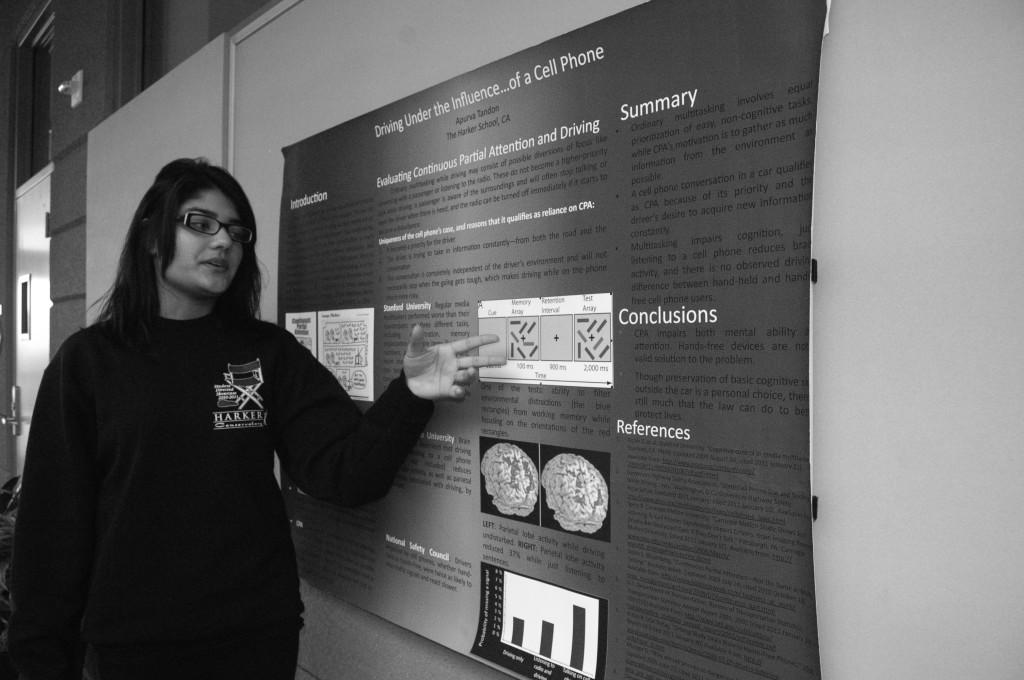

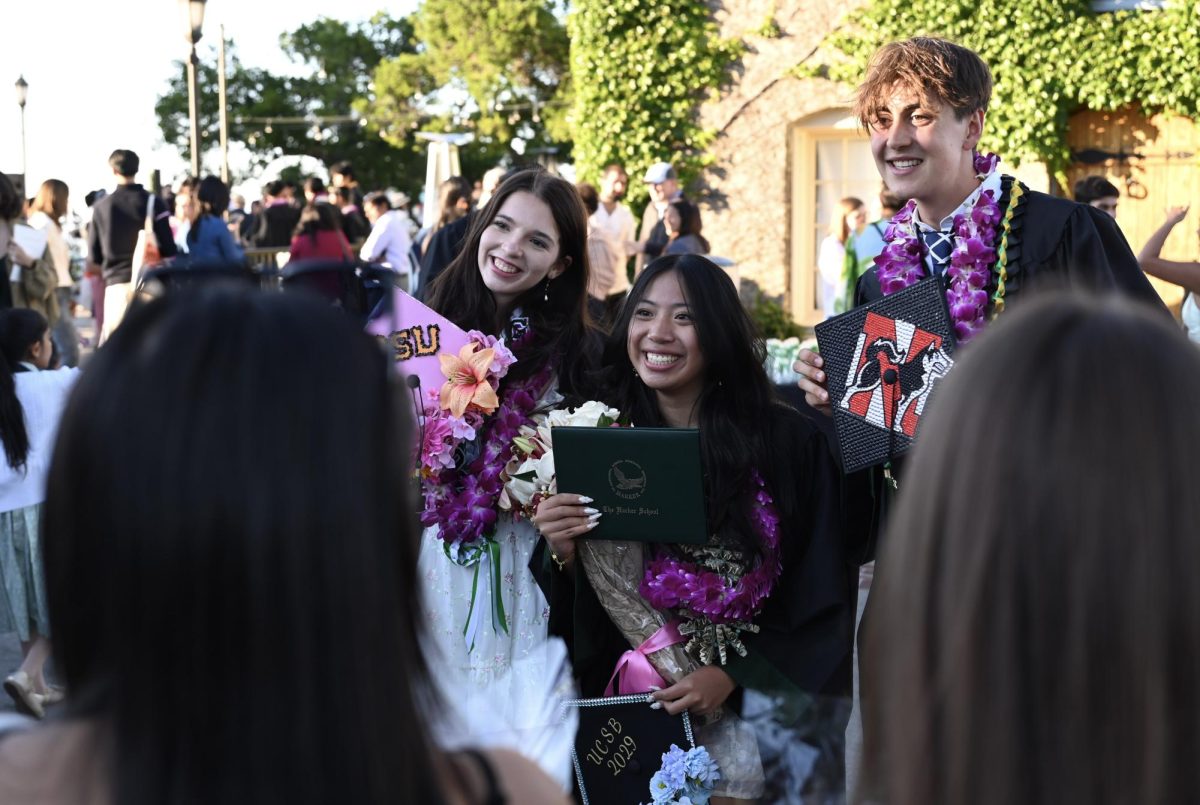
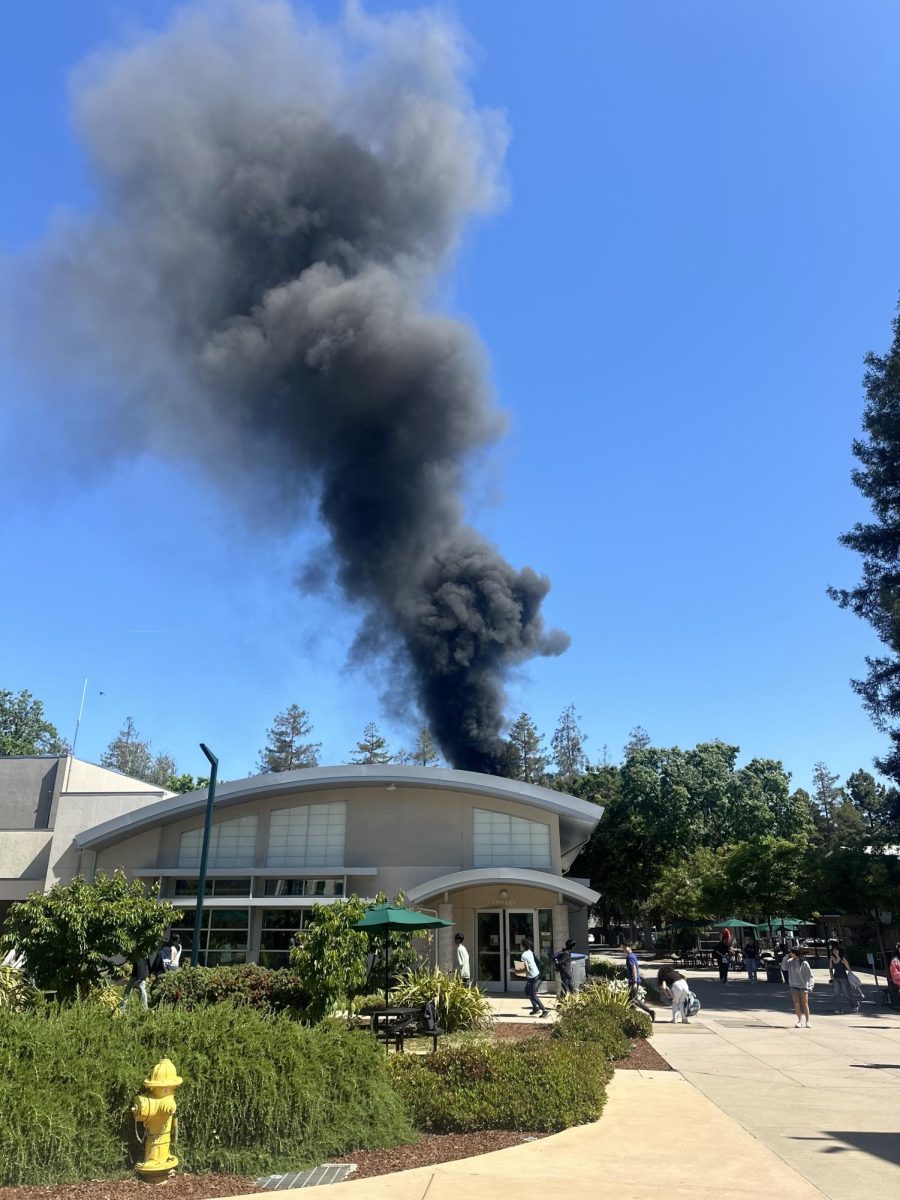
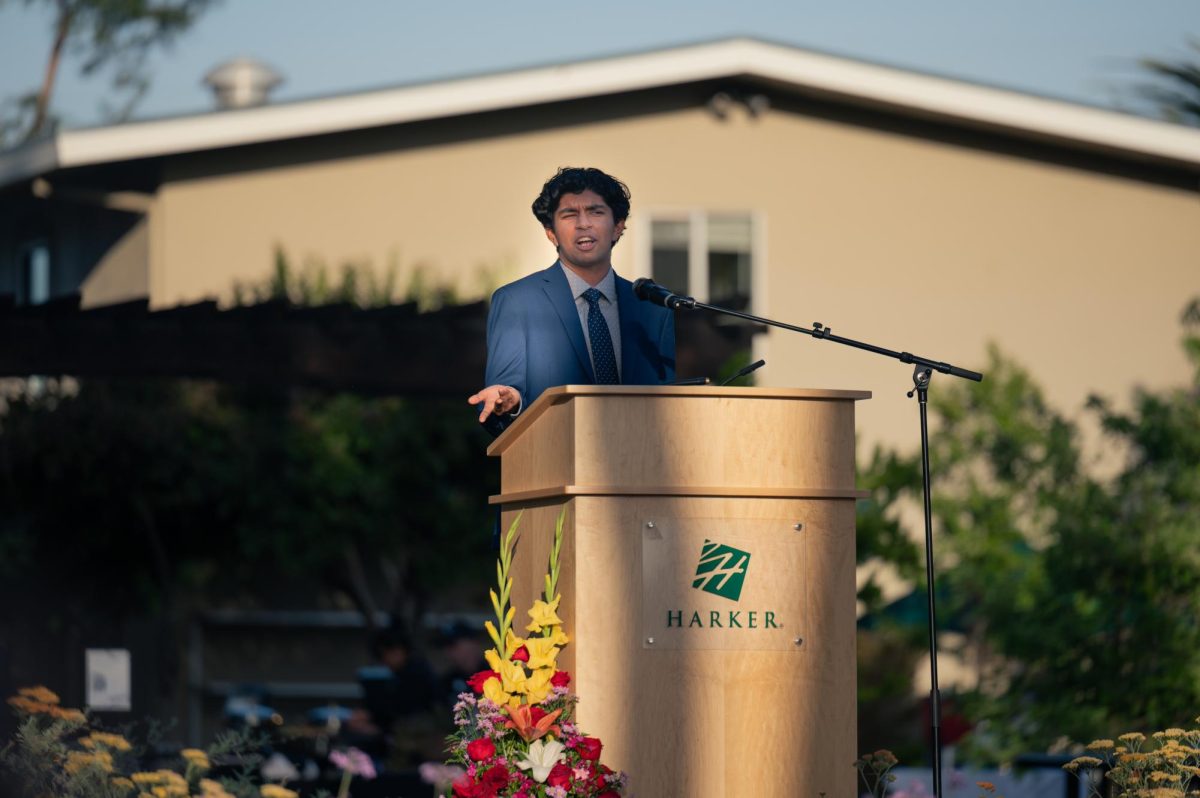
![Winged Post Editor-in-Chief Katerina Matta and Managing Editor Young Min were selected as first place winners from a pool of around 2,000 students. “This page [shows] how much we paid attention to detail and how much we pushed ourselves to ensure the best quality that we could,” Young said.](https://harkeraquila.com/wp-content/uploads/2025/05/IMG_4254-900x1200.jpeg)
